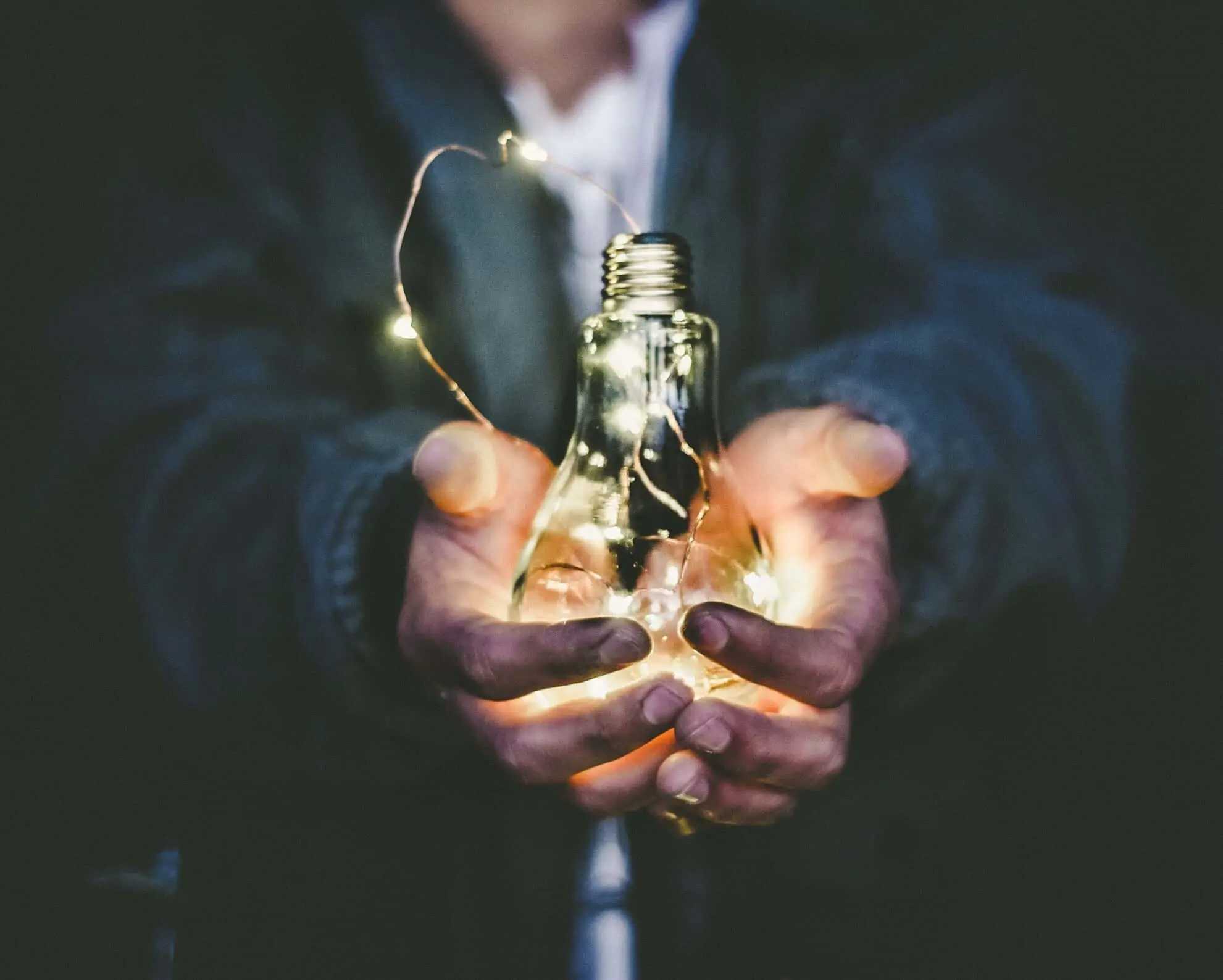Innovation in an era of uncertainty – reasons to be positive
10.04.2020 | 5 min read

At the time of writing this blog post, half the world is on lockdown, which is the equivalent of almost 4 billion people. A fraction of them may have regularly worked from home before, or might have had a daily routine based largely around the house, but for all, it would be fair to say, this is a period of life unlike any other. Many are juggling childcare or trying to teach their older children, while at the same time attempting to do a full time job. Others are alone in their flats feeling increasingly isolated without the human contact that they were so used to on a day-to-day basis.
It’s sometimes difficult to see a light at the end of the tunnel. But there are reasons to be hopeful, as people all over the globe are coming together to seek innovative solutions to the crisis, and many of these are likely to have a positive impact on our global community long after we’ve managed to overcome the pandemic.
Reasons to be hopeful
>Innovation in business
Since the outbreak of COVID-19, doctors, scientists, designers and technologists have all been working on new solutions to fight the disease and ease day-to-day life under lockdown.

Trust Stamp’s Safe 14: We recently reported on our work with Trust Stamp, leaders in facial authentication technology, who have been busy with the launch of their new product, Safe 14, which enables users to prove their location history without exposing any personal data. Trust Stamp is providing a zero-cost license to government, health, NGO and other non-profit users for the purposes of COVID-19 management.
UiPath: This robotic software company from Romania has enabled nurses in the Mater Misericordiae University Hospital in Dublin, Ireland to save valuable time spent on data entry through the automation of filing of virus test results. It hopes to replicate it in other hospitals.
Scylla: Reuters recently reported on Scylla, an AI company based in the States, which makes gun detection systems for schools and casinos. In light of the pandemic, it decided to re-deploy its AI analytics software to measure the temperature of a person’s forehead, sending out an alert if it detects a fever. Taking images from a thermal camera, the software can be used in public buildings like hospitals and airports, and corporate offices.
In addition, in the States, Amazon’s AWS has committed $20 million to fund a diagnostic development unit with the hope of developing a faster and cheaper test for the virus. Washington State’s Department of Health is using digital workflow company ServiceNow’s platform to manage its emergency response operations via a pro-bono app and IBM has partnered with the White House to provide supercomputing power to researchers working on understanding and stopping the spread of COVID-19.
In the UK, NHSX, a healthcare service unit responsible for digital innovation, has turned to tech firms to develop a coronavirus app which would alert users if they have recently been in contact with someone testing positive for the virus.
All over the world, there are hackathons taking place, in which developers and technologists are looking for further solutions in the global fight against the virus.
> A rethinking of education
Education has traditionally been a domain in which children are required to absorb knowledge on which they are later tested. But in the new setup in which many of them are being home-schooled for the first time, often by parents who are also required to work, there has been much more of a focus on independent research and improvisation.
All over social media, parents are sharing videos of new methods of teaching – many of them requiring children to conduct their own presentations on carefully researched topics, or improvising on the spot, by picking up a card on a given subject and speaking about it for five minutes.
In his article for the BBC, journalist Matthew Syed, muses that this period might lead to more of a focus on soft skills in schools, such as improvisation and debating, for which traditionally there is little time, due to a very busy curriculum.

> A surge in kindness
One thing that we’ve definitely seen happening across the world is a surge in kindness. There are reports on the news about people in Italy singing together on their balconies to boost morale, citizens all over Europe putting up banners to thank their medical staff, and 700,000 volunteers in the UK signing up to support the NHS in the battle against COVID-19.
As Matthew Syed observes, there is a finding that keeps re-emerging in social science: people with a giving approach are the ones who grow and thrive the most in a world of interdependency. The evidence also shows that the most successful givers are strategic, seeking out diversity but cutting off selfish people who seek to exploit them. As one researcher put it: “a giving attitude is a powerful asset when allied to social intelligence.”
So what can we conclude?
Whilst we cannot deny the huge human and economic costs of COVID-19, we must remember that there is much to be thankful for in our global community. Together, we are constantly reaching out for new solutions, many of which are likely to have a lasting impact on our future lives. And if we are becoming kinder and more creative in the process, all the better.
If you would like to read more about business continuity in the time of COVID-19, you might also find the below articles useful:
5 tips on managing communication in dispersed teams
What might be holding your back from transitioning you team to a remote-work setup
Photo by Riccardo Annandale on Unsplash



